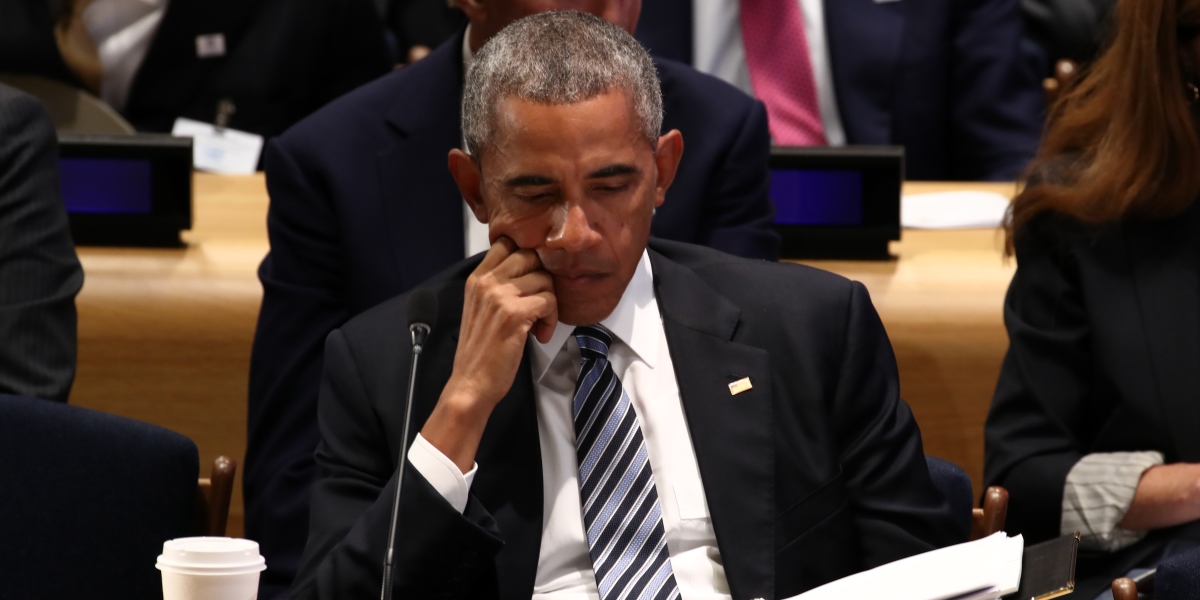Anti-Westernism is a common feature in various political ideologies in Turkey. From the leftists to the nationalists to the Islamists, people from across the political spectrum are critical of how the West treats Turkey. At times, their criticism extends into conspiracy theories and essentialism - which means that the West is considered "the ultimate enemy" and the root cause of all problems.
To be clear, the Justice and Development Party (AK Party) has discovered a unique middle ground between admiration and hostility toward the West. Although the movement appreciated efforts by Western governments to integrate Turkey, they engaged in vocal criticism whenever the process came to a halt. This policy, which I like to call "critical integration," inevitably involves some level of confrontation with the West due to Turkey's historical, geographical and financial circumstances. How the European Union or the United States approaches problems in Turkey's neighborhood, for instance, has the potential to strain the country's relations with the West. Turkey's disagreements with Brussels over counter-terrorism and with Washington over the PKK and the People's Protection Units (YPG) and FETÖ come to mind.
President Recep Tayyip Erdoğan's critique of the United Nations system and harsh warnings about the situation in Syria, in this sense, aren't signs of a categorical, ideologically charged opposition to the West. Quite the contrary, Turks simply want to protect their national interests - which, they feel, have been largely ignored by their closest allies in recent years.
Although the European Union's lack of strategic vision since 2006 and reluctance to maintain the momentum of Turkey's accession talks diminished its popularity in the country, the Turkish people's primary concern relates to the United States due to Washington's initial response to the coup attempt, perceived refusal to extradite Fetullah Gülen to Turkey and open support for the YPG, the PKK's Syrian franchise.
Fully aware of the rise of anti-Americanism on the ground, U.S. officials have reportedly raised the issue during a bilateral meeting with President Erdoğan. Although the Obama administration believes that the Turkish leader and the ruling AK Party ignore, if not fuel, anti-American sentiments in Turkey, Erdoğan highlighted the structural factors in discussions with journalists and opinion leaders in New York. In other words, the Turks maintain that U.S. President Barack Obama's take on certain issues, including the situation in Syria, FETÖ and YPG, fuel anti-Americanism in the country. While noting that he looks forward to working more closely with Washington, President Erdoğan has reportedly questioned why the U.S. responded to the failed coup the way it did.
Western leaders do not enjoy the Turkish president's vocal criticism of the Western-dominated international system. Some policymakers find Erdoğan's statements too ideological. Others argue that he simply wants to appeal to domestic audiences. Meanwhile, the Western media continues to target the Turkish leader, as talking heads recite PKK- FETÖ talking points and call for Erdoğan's replacement with a Turkish version of Egypt's Abdel-Fatah el-Sissi.
The West's critique by President Erdoğan, whose country is more deeply integrated into the West than many others, is just the tip of the iceberg. If anything, the Turkish leader serves as a safety valve trying to prevent an explosion of emotions among ordinary citizens, who are unhappy with President Obama's efforts to redefine U.S. leadership in the Middle East. Ironically, the man who has been trying to reduce Washington's footprint in the region is almost as unpopular as George W. Bush the interventionist. Likewise, Mr. Obama's response to the Arab Spring revolutions and the Syrian crisis have caused as much pain to local communities as the 2003 invasion of Iraq. Moving forward, the main concern is that new forms of radicalism will blossom in the Middle East.
As an entire region expresses dissatisfaction with the EU and the U.S., Turkey stands to lose more than others which is why Erdoğan is desperately trying to provide his country's input about humanitarian challenges and democratic values. It's important to keep in mind that it isn't just U.S. citizens who are unsure about America's new role in the world. In the Middle East, where U.S. policy has a direct influence on everyday life, it remains a hot topic.
[Daily Sabah, October 3, 2016]









